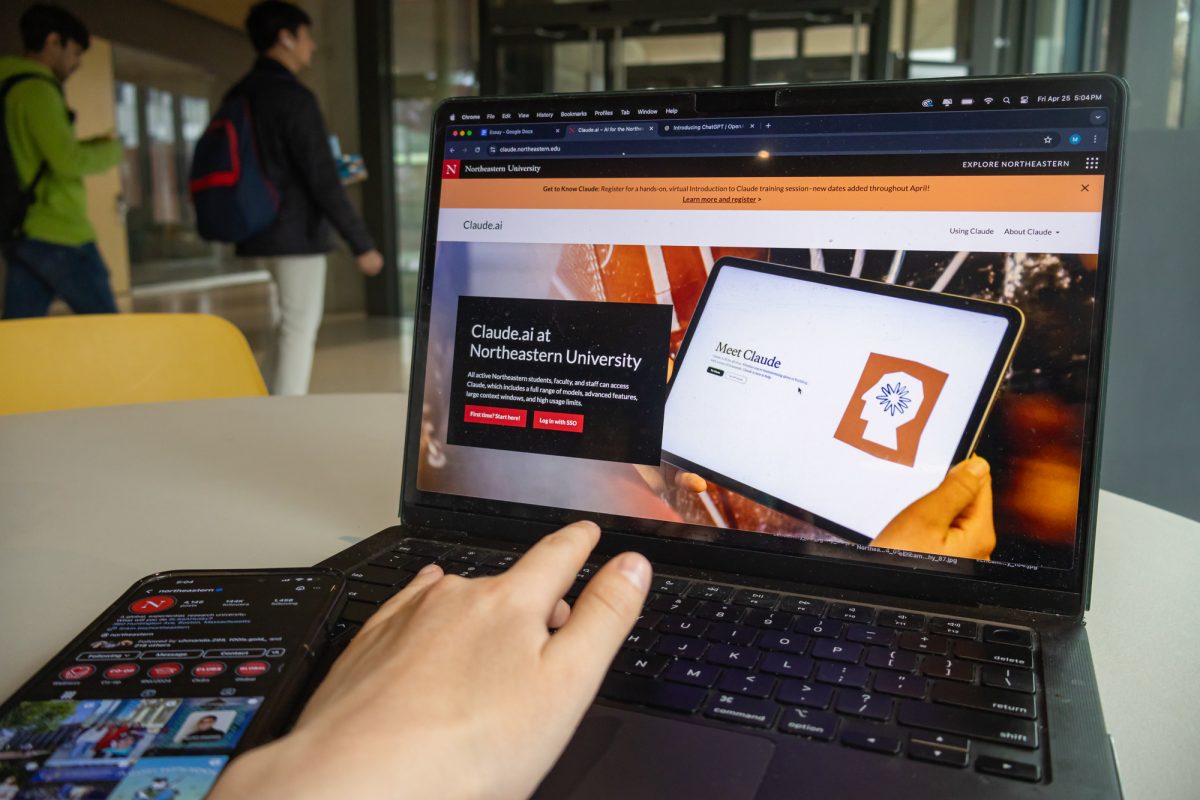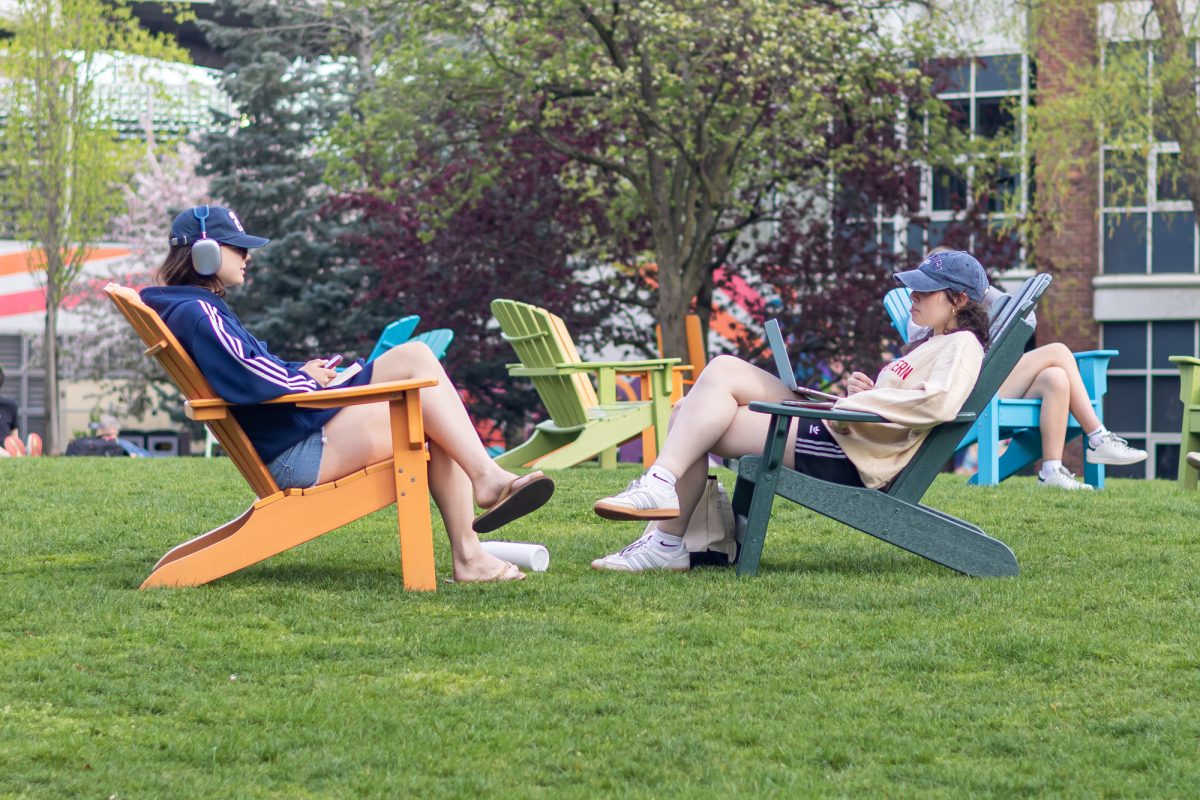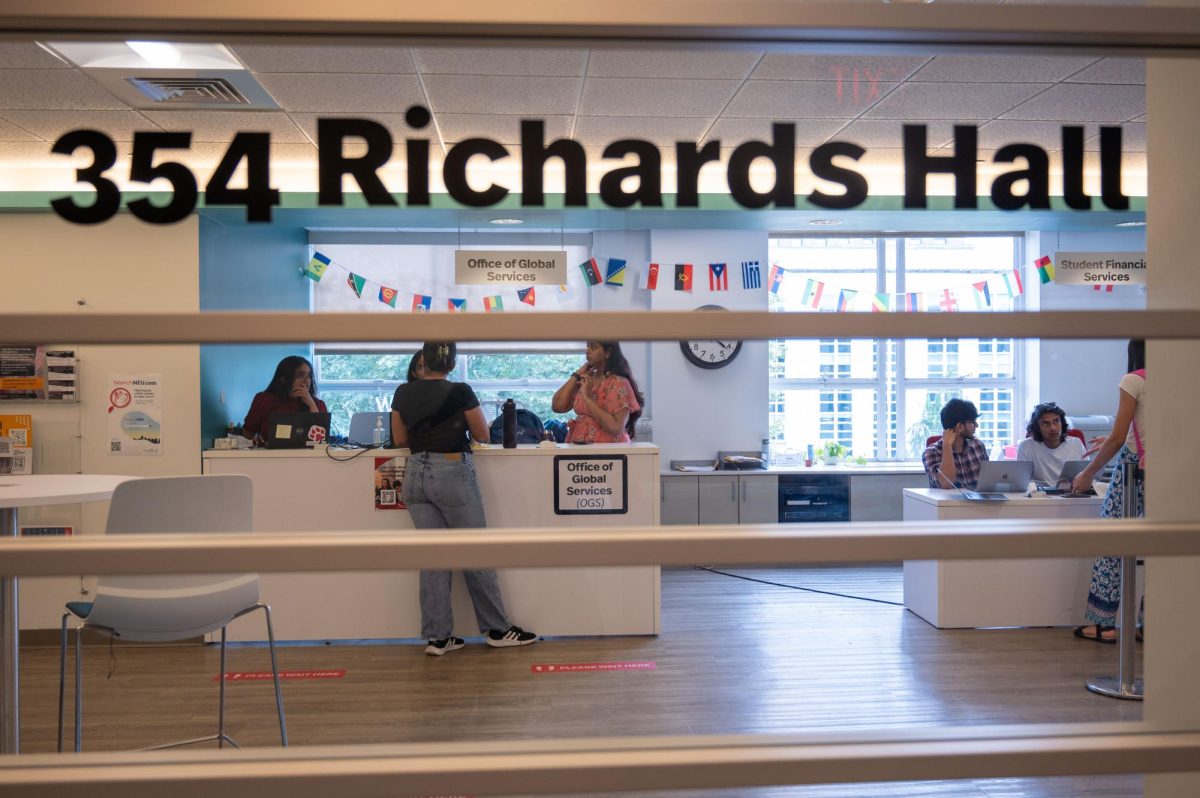I often wonder why certain events happen when and where they do. Take the Egyptian protests, for example. It would be my luck that the nation is in a state of unrest three months before I plan to travel there. I am one of 23 students on a five-week Dialogue of Civilizations trip to Egypt in May.
Don’t get me wrong: I fully support the thousands of civilians in their uprising against Egyptian President Hosni Mubarak’s legal and political issues. Enough is enough. I hope they arrive at a peaceful solution soon.
But, to be honest, I (embarrassingly) admit my lack of knowledge about Egypt. As a matter of fact, I don’t know much about the Middle East nor the entire Arab world. The lack of knowledge is a problem. And I think it’s problematic for everyone: Many American students aren’t educated about certain regions of the world unless we actively seek information ourselves. The United States has extensive involvement in the Middle East, so why don’t we talk more about the logistics of the area in classes?
Since my acceptance into the Dialogue program in late December, I have become increasingly interested in Egypt. I enrolled in Islam, a religious studies course. At the beginning of the semester, my professor assigned us a map to fill in with given nations, capitals and regions. I had a difficult time identifying some of the places because I had never heard of them. Also, because I have never been educated extensively about the Arab world in high school classes nor in previous Northeastern courses.
As a result, for a journalism class assignment, I created a blog all about Egypt so I can increase my knowledge about the nation. And last Thursday I attended a forum, moderated by Northeastern professors Denis Sullivan and Ilham Khuri-Makdisi, about the situation in Egypt and Arab protests throughout the Muslim world. I wanted to hear the experts’ perspectives.
“We hope it’s game-over time for Mubarak,” Sullivan said to the audience. “We really do. They love the Egyptian flag, and so do we here.”
Sullivan is the director of the International Affairs program and Middle East Center for Peace, Culture and Development, so I knew he would have reliable information to tell the crowd, which filled the West Village F room to capacity.
“There’s corruption all over the world,” said Khuri-Makdisi, an assistant professor of history. “Generations all over the world can no longer stand corruption. It’s about international accountability, not just Egyptian.”
I also went to observe a peaceful protest for Egypt in Copley Square on Saturday. I had never been to a protest, but I can say that it was an interesting event to cover as a student journalist. It was amazing and uplifting to see people – some of Egyptian descent with family still in Egypt and others who attended to show their support for government reform – unite in Boston.
“I think it’s so important to support people in their fight for democracy,” said Julia Petipas, 42, of Somerville. “As Americans, we have a responsibility.”
Omar Duwaji, a senior business major at Northeastern, led the chants with a megaphone. Some of the protesters’ chants included, “Mubarak, Mubarak, you are done. Egypt, Egypt, we’ll overcome!” and “Hey Obama take a stand, hands off Egypt we demand!”
Salma Mohamed, 16, of Shrewsbury, took the commuter rail from the suburbs into Boston with two of her friends.
“When I first heard of [the protests in Egypt], I didn’t think it would be this big,” said Mohamed, whose parents are from Egypt. “I’ve never felt this close to my country as I have now. It’s making me take a whole new point of view.”
Even though I feel overwhelmed about the latest updates in Egypt every time I turn on the television or glance at the front page of a newspaper, I am hopeful the protesters and government officials can find a resolution soon. As for the Dialogue, administrators will review the plans March 1. Until then, Egypt, here I come. Let’s keep it that way.
– Michele Richinick can be reached at comments@huntnewsnu.com.








